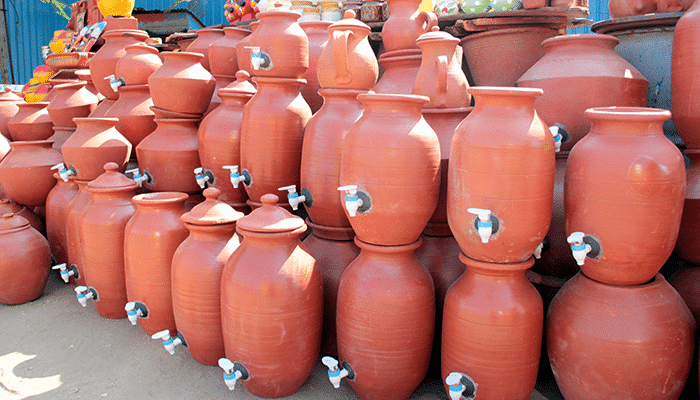To afford or use a refrigerator is still a distant dream for the people in the rural belt of the country. But now a group of scientists of Massachusetts Institute of Technology (MIT) in the US may just have a solution to this problem. The scientist’s group also includes Bikram Bhatia, an Indian-origin scientist.
Wouldn’t it be nice if you have a cooling device that can preserve food and medicines without using electricity or fossil fuel-generated power? Well, we are surrounded by the blessing of technology to even think about that, but for people in hot, remote locations, it can be life changing.

The researchers said that this new system will allow emission of heat at a mid-infrared range of light that can pass straight out through the atmosphere and radiate into the cold of outer space, punching right through the gases that act like a greenhouse, as mentioned in the report. To counter heating in the direct sunlight, the device is infused with a small strip of metal that blocks the Sun’s direct rays.
The work has been published in the science journal Nature Communications that says, the device can provide cooling of as much as 20 degrees Celsius below the ambient temperature in a location like Boston. Currently in its primary stage, in their initial proof-of-concept testing, scientists have achieved a cooling of six degrees Celsius.
The method has been localized so that it can be available for widespread use. Earlier other groups have tried to design similar cooling systems but they were incorporated with complex devices that prevented it from using in remote areas.
“We built the setup and did outdoors experiments on an MIT rooftop. It was done using very simple materials and clearly showed the effectiveness of the system,” said Bikram Bhatia, a research scientist at MIT.
In comparison to humid places, this device may function more efficiently in drier deserts and arid environments and maximum achievable cooling could actually be much greater, potentially as much as 40 degrees Celsius, the scientists mentioned.

